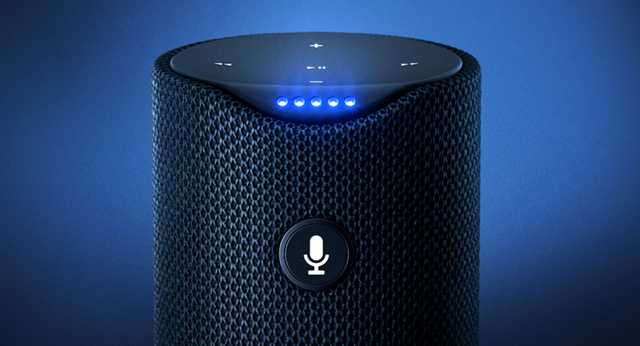Amazon Promotes Integration of Alexa in Multiple IoT Devices
August 10, 2016
With the successful release of the Echo, Amazon now has more extensive plans for the intelligent assistant that powers the smart speaker. Via Alexa Voice Service-enabled voice commands, Echo plays music, turns the lights on or off and sets thermostats. Now, Amazon plans to use Alexa to power an array of devices in the home. Being a player in the Internet of Things is a goal of many other large technology companies including Apple, Google and Microsoft, as well as numerous startups.
The New York Times notes that, based on the belief that a user won’t want the hassle of dealing with several intelligent assistants, “each company is racing to weave its assistant into as many devices and services as possible.”
Amazon says that, “over 10,000 developers have registered to integrate Alexa into their products.” Most high profile is the Ford Motor Company, which plans to use Alexa to allow users to control lights, security systems and thermostats in their cars.
Nucleus, a smart-intercom system for $249 that comes with a touchscreen and camera, is also integrating Alexa. “We’re taking $180 worth of utility and adding it into a $200 device,” said Nucleus chief executive Jonathan Frankel. Others integrating Alexa include Triby (portable speaker), CoWatch (smartwatch), and Pebble Core (wireless wearable device).
Another possible Alexa integration could come with device-maker Sonos, since chief exec John MacFarlane “hinted in a blog post this year” that the company was “working on a way to play music through its speakers using Alexa voice control.” Amazon executive David Limp was quoted as saying that the company “wanted there to be as many Alexa-linked ‘endpoints’ around the home as possible,” regardless of who manufactured the devices in question.
According to some analysts, however, the company “may have a hard time extending Alexa’s reach outside the home because of its weaknesses in mobile technology.” That makes the company less competitive than Apple and Google, both of which have “dominant positions in the mobile market,” and are pushing their own intelligent assistants to “control other devices throughout the home.”
Apple’s HomeKit lets users “control thermostats, light switches and other devices with Siri from Apple devices,” and Google is creating the speaker Google Home. Jackdaw Research analyst Jan Dawson believes that people will want an intelligent assistant to be “always available to you everywhere.” Although Amazon’s Alexa is available through apps (from independent developers), Dawson is dubious that “Amazon will be able to make them work as well as assistants more deeply integrated into smartphones by Apple and Google.”


No Comments Yet
You can be the first to comment!
Sorry, comments for this entry are closed at this time.